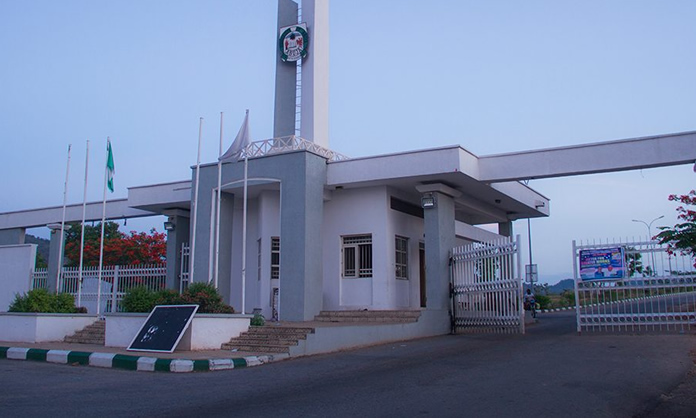Reconsider age restriction on SSCE exams, Group urges Minister

A group, Concerned Parents and Educators (CPE), has called on the Minister of Education, Tahir Mamman, to reconsider the age restrictions placed on candidates taking the Senior School Certificate Examination (SSCE), PremiumTimes reports.
It is earlier reported how Mr Mamman, a professor, said on a live television programme that students under 17 years of age woul no longer be allowed to sit the examinations.
Students seeking admission into universities, polytechnics, and many higher institutions of learning are required to secure enough credits in the SSCE organised by the West African Examinations Council (WAEC), the National Examinations Council (NECO), or the National Business and Technical Examinations Board (NABTEB).
The minister also recently directed tertiary institutions to only admit students from the age of 18 from next year. He maintained that under Nigerian laws, pupils are expected to spend five years in early childhood education, six years in primary schools, three years in junior secondary school, and another three years in senior secondary school.
According to him, a student is expected to complete secondary school and sit the examinations at the minimum age of 17.
Since Mr Mamman’s first pronouncement on age-restriction during JAMB policy meeting in April, it has continued to stir up debate in the public space, with some lauding and others criticising the policy.
The minister explained that the policy was meant to tackle some of the challenges underage students face, ensuring that only mature and prepared students were admitted into tertiary institutions.
Group’s call
But the group of parents under CPE cautioned Mr Mamman against the implementation of such a policy, warning of certain consequences on the youths and society.
The CPE statement, signed by its coordinator, Yinka Ogunde, explained that the immediate implementation of the policy would mean that some students would likely remain idle as a result.
“The government should realise that hundreds of thousands of students may find themselves idling on the streets for an extended period of two to three years, merely awaiting the chance to sit for an examination that could shape their futures,” parts of the statement reads.
Instead of such a restriction, the group asked the government to consider enforcing compliance with the six years minimum age for entrance into primary school and 12 years at secondary school.
“Implementing a structured system that considers age from the onset of a student’s academic journey would foster a more effective and fair educational environment. Such a system would prevent abrupt and disruptive changes at crucial academic stages, thereby supporting a smoother transition through the educational system,” ,” the statement said.
“This decision highlights, once again, the arbitrary processes often employed in governmental decision-making, especially in matters that critically affect the future of our youth.”
The group, therefore, asked the minister to reconsider the current approach, urging a “thoughtful and comprehensive review of the potential impacts, and to engage in dialogue with stakeholders to devise a more balanced solution.”
“We must ponder the societal impact of having a significant number of young individuals, potentially left without constructive activities, wandering the streets across the nation. This is not merely an educational concern but a social one that could have lasting repercussions,” the statement added.
Meanwhile, the group would not be the first to call on the minister to review the policy.
PREMIUM TIMES reported that the National Coordinator, Education Rights Campaign, Hassan Soweto, also called on Mr Mamman to reassess the policy.
PremiumTimes
| Join our new WhatsApp community! Click this link to receive your daily dose of NEWS FLASH content. We also treat our community members to special offers, promotions, and adverts from us and our partners. If you don’t like our community, you can check out any time you like. |











